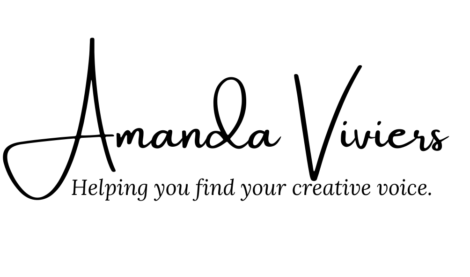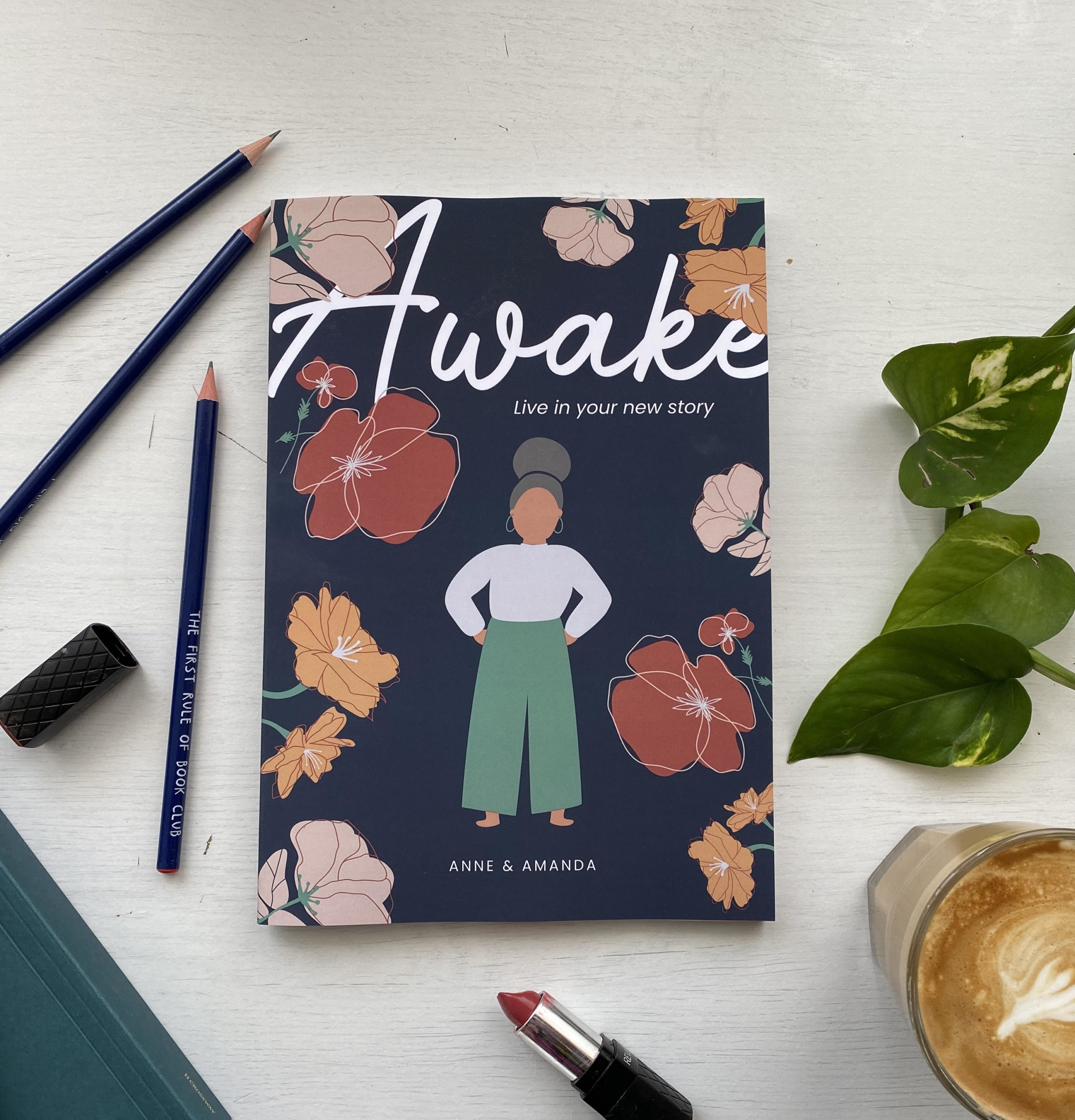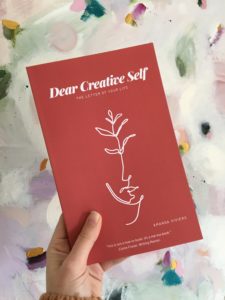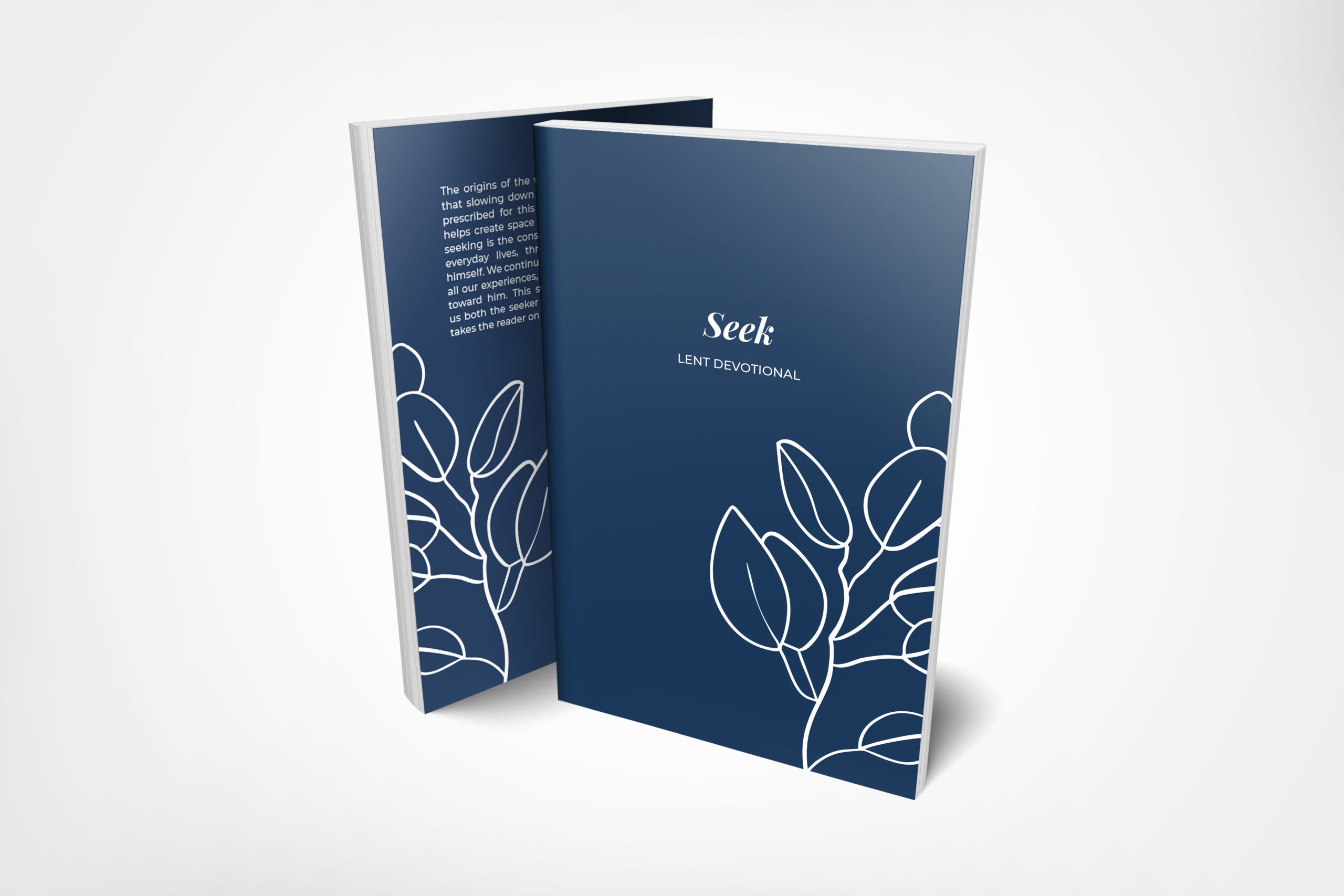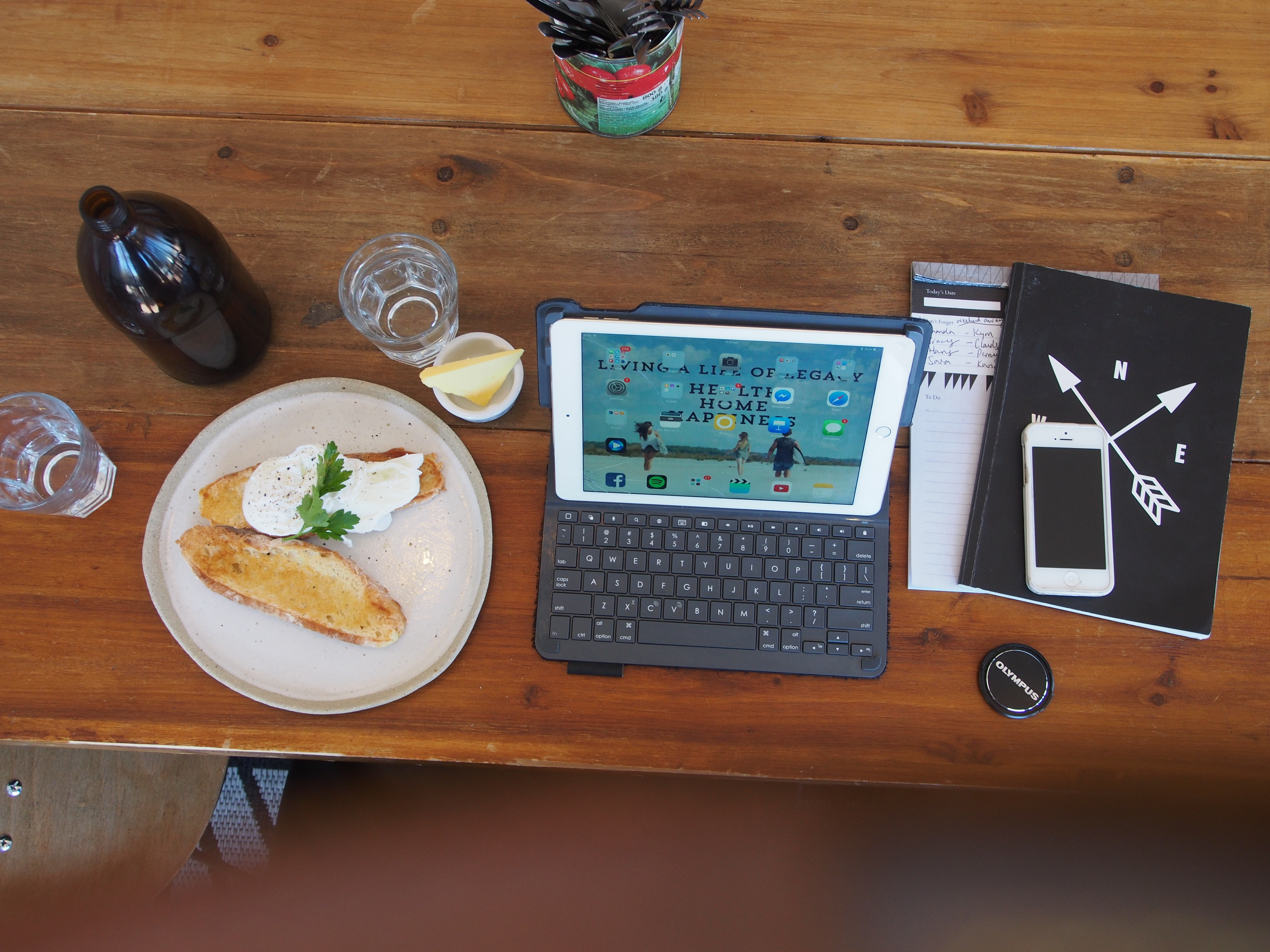
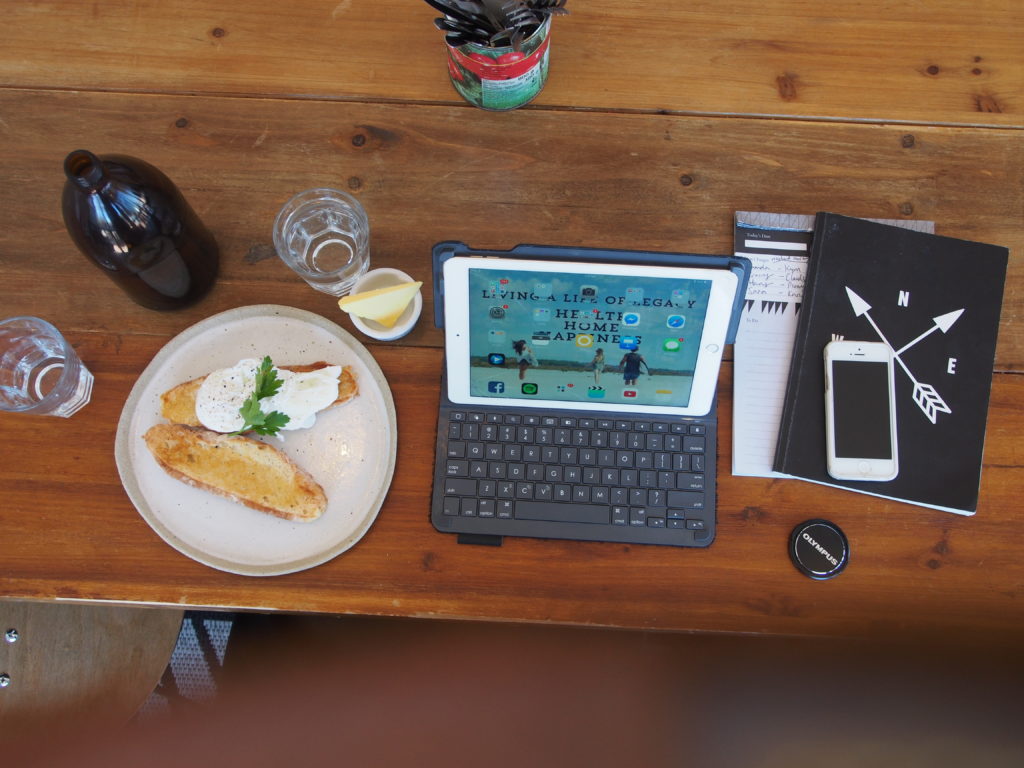
“I imagine one of the reasons people cling to their hates so stubbornly is because the sense, once hate is gone, they will be forced to deal with pain.”
James A Baldwin
This time last Monday I was sobbing in my car at school. The pressure of my pending new book release, a broken car being towed to the mechanic but the real story was bathed in jealousy.
There is always fifty-five sides to a story and in the wake of my meltdown over the last week, I have zoomed in on the foundation of the story that held me captive in that moment.
It was a metaphorical pimple that screamed out for attention and I had to unpack the depth of the pain. This is the beauty and the sheer terror of community. It is easy to hold judgements and let pain slide when we watch humanity from a wide angle lens. But what about when it’s on micro zoom? What about old wounds that surface, from your family of origin and how come it is so painful to face them with authenticity?
Each Monday, we have been walking through Brene Brown’s latest book “Braving the Wilderness” with our online book club Mondays with us. And I find myself here today in chapter four.
People Are Hard to Hate Close Up. Move In.
Recently I sat in a workshop “How to Deal With Anger” by Anne Galambosi. She unpacked many different ways that we can make friends with our anger. One of the greatest lessons that I took away from her workshop, was to come close to my anger, rather than push it away. She brought a participant up on the stage and held their arms. She said, “Struggle, wrestle, come on try and make me let go of you”. And the more distant she was from the person, the harder it was to break away. However, she showed us, as we come close to the anger. The person was easily able to break free.
Brene says it this way…
“Anger is a catalyst. Holding on to it will make us exhausted and sick. Internalizing anger will take away our joy and spirit; externalising anger will make us less effective in our attempts to create change and forge connection.”
The closer we become to anyone, humanity, our family, our friends, our work colleagues, and in of our relationships, especially when they are accessed from an authentic place, the more likely it is that we will face conflict.
I love the question that Brene explores in this chapter around conflict, emotions and having a different view.
Sometimes when I get overwhelmed, my default is “agree to disagree” and shut it down. What do you think about that approach?
My answer is this.
I am terrible at agreeing to disagree. I am not the flight person in this scenario. I have learnt to fight.
The problem is, my fight tendency has ruined some relationships because they have felt attacked in the midst of my struggle to find a middle ground.
What about you?
Then she goes on to ask this question.
So if we decide to be brave and stay in the conversation, how do we push through the vulnerability and stay civil?
The greatest discovery I have been walking through has been where I find my identity and how I answer this question in the midst of differing points of view.
Conflict transformation could possibly be my greatest lesson that I am learning as a leader. The easy answer is to learn to walk away. This could be a solution, because then maybe space and time, would help me to respond with more grace and kindness.
How do I stay in the place of difficult emotions like jealousy, rage, envy and strife without maiming my fellow human being?
I am learning to breathe in the midst of these interactions. I am learning to comfort my inner child and reassure her that she is okay. I am learning to talk openly with safe people about my weaknesses and the places where I fail. And most of all, I am being kinder to myself in the aftermath of interactions gone wild.
My book club question, for the comments below and in our group is this…
What are you learning in the midst of conflict from this book?
Deep breathing over here.
Smile
Have a great Monday gang.
Amanda
Latest Release New Days available to download here for $9.95 today. A downloadable vision workbook with reflection questions to help you process the year that has passed and into the new year or season with intention.
